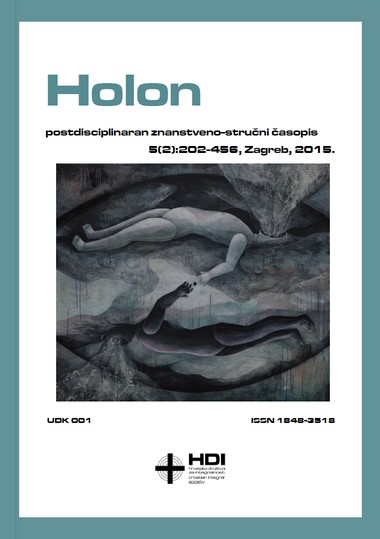Marcuseova teorija oslobođenja i vizija mogućnosti nerepresivne civilizacije prema teorijskim postavkama Sigmunda Freuda
Marcuse's liberation theory and his vision of the possibility of a non-repressive civilization grounded in the Sigmund Freud's theoretical assumptions
Author(s): Maroje VišićSubject(s): Philosophy, Political Philosophy, Social Philosophy, Sociology, Contemporary Philosophy, Marxism, Psychoanalysis, Social Theory, Sociology of Culture
Published by: Hrvatsko društvo za integralnost
Keywords: Marcuse; Freud; psychoanalysis; civilization; repression; surplus-repression
Summary/Abstract: This article tries to demonstrate Marcuse’s reception of Freud’s psychoanalytic theory. First, a critique of Marcuse and his key notions by some of his prominent critics will be demonstrated. Author also tries to adequately address this critique by offering arguments for its validity or perhaps its ambiguity. The importance of Marcuse’s reception of Freud is in that he complemented Freud’s theory by adding a dimension of differentiating historical epochs. Freud understood repression as a universal principle for civilization development but Marcuse demonstrated that repression is only one part pertaining to the era of material austerity. Through notions of »performance principle« and »surplus-repression« it is possible to think of non-repressive civilization in which labor would be a free activity of liberated individuals.
Journal: Holon
- Issue Year: V/2015
- Issue No: 2
- Page Range: 355-389
- Page Count: 35
- Language: Croatian

